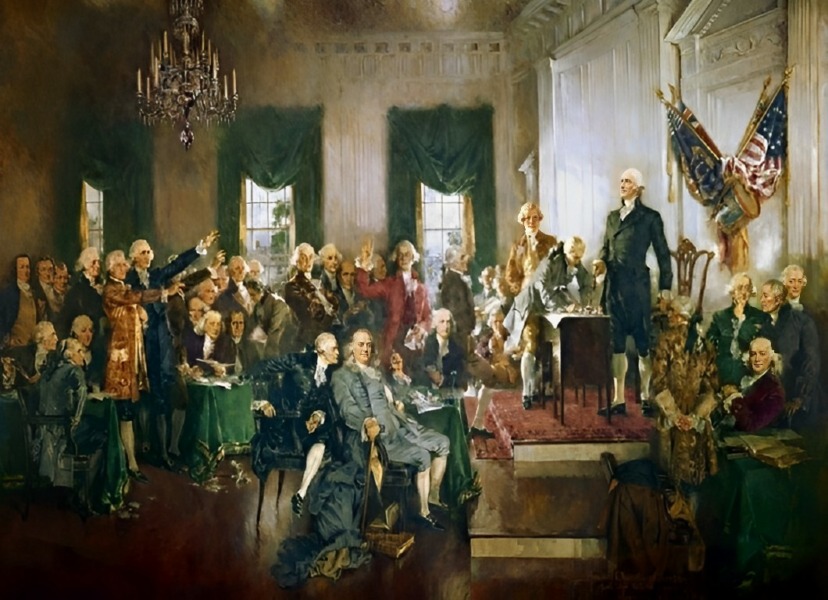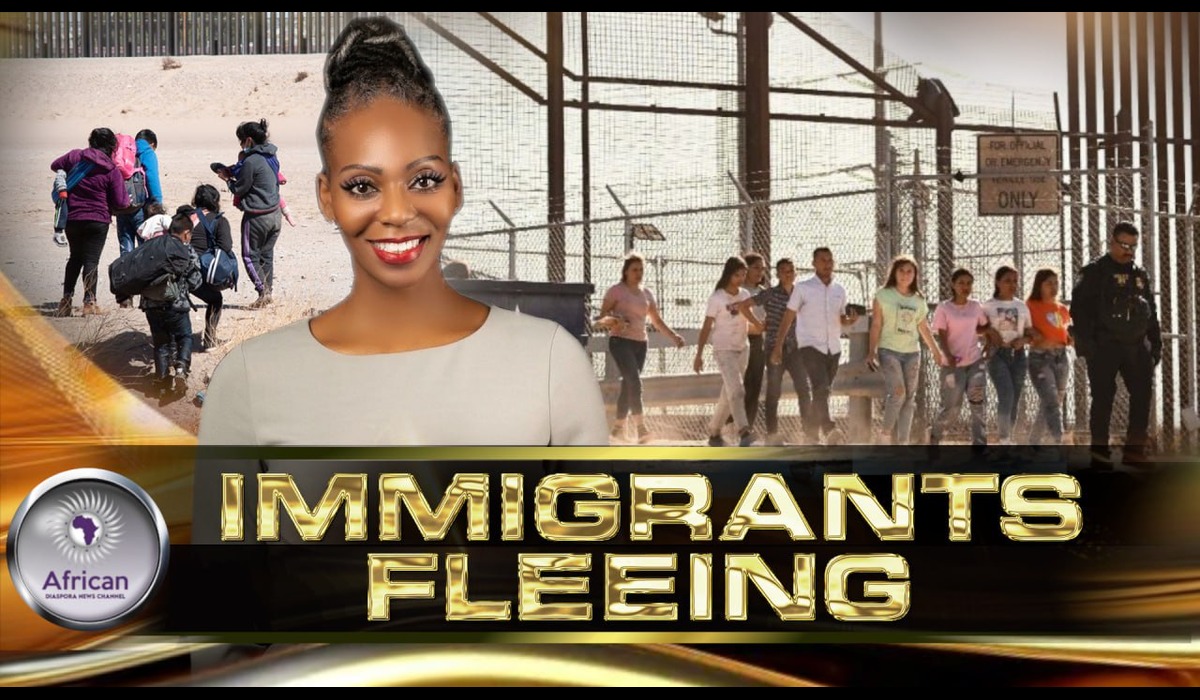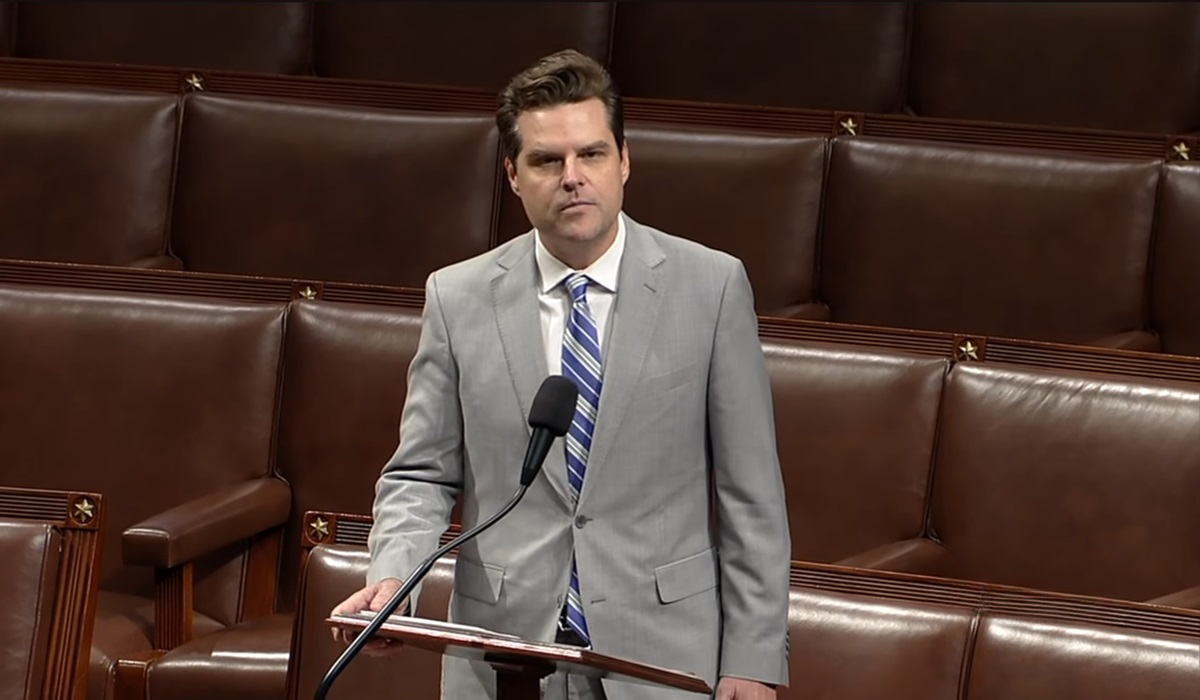The First Amendment: A Philosophical Question of Amendment and Ideology
- TDS News
- Breaking News
- U.S.A
- September 8, 2023

The First Amendment to the United States Constitution is the bedrock of American democracy, protecting cherished principles of freedom of expression. However, navigating an increasingly divisive and polarized society raises a philosophical question: Is it time to amend the First Amendment? The will to do so appears lacking, and we find ourselves trapped in ideological echo chambers where one person’s free speech is another’s hate speech, leading to a continuous cycle of hostility. How can we bridge this gap? A divisive war of words and actions continues to stoke discord, and generational indoctrination perpetuates these ideological divides.
Dating back to its ratification in 1791, The First Amendment has always been a subject of intellectual discourse. It proclaims, “Congress shall make no law respecting an establishment of religion, or prohibiting the free exercise thereof, or abridging the freedom of speech, or of the press; or the right of the people peaceably to assemble, and to petition the Government for a redress of grievances.” Its core purpose is safeguarding essential democratic principles, promoting the exchange of ideas, open discourse, and robust public debate.
Yet, as we ponder altering this sacred amendment, we confront a paradox: Should we limit expressions that promote hatred and intolerance in a nation built on the ideals? This dilemma hinges on whether the will to update the First Amendment exists in a society with stark ideological divides.
In contemporary America, idealistic divisions are not merely apparent but glaring and often unbridgeable. The land where we find ourselves has become expanding compartments of hate, where opposing viewpoints are not met with open, respectful dialogue but disdain.
A significant challenge in addressing this infinite abyss is generational indoctrination. Whether through familial influences, societal structures, or the internet’s social platforms, ideologies are perpetuated through generations. The result is a deeply entrenched divide that prevents meaningful conversation and understanding.
The term “hate speech” may not be directly addressed here, but rather, we find ourselves contemplating a broader issue. Specific forms of speech, including Nazism and hate-based doctrines, are considered crimes in many European countries and Canada. Demonstrations featuring symbols like the swastika are prohibited. It raises the question: Can the United States, which has amended its Constitution multiple times, not consider updating the First Amendment? If we govern with the rules and principles of centuries ago, are we better off as a society?
Amendments have been the lifeblood of the Bill of Rights, adapting it to humanity’s evolving needs and values. There is no inherent reason why the First Amendment cannot follow suit. It becomes a matter of decency and respect for the collective wellbeing of the nation.
In considering potential changes to the First Amendment, we must weigh the value of unfettered speech against the dangers of unchecked hate and discrimination. Should society be allowed to offend others with content and words that perpetuate violence, bigotry, and negative symbolism? Or, as we ponder this question of our time, should we aspire to a society where we can engage in civilized differences of opinion and intellectual discourse without resorting to hate?
In navigating this problem, finding a solution is paramount. Any addition or deletion to the First Amendment must be carefully crafted to balance preserving free speech and protecting against harm. These amendments should encourage open dialogue, foster empathy, and promote understanding rather than censorship.
Changing the Constitution requires a two-thirds majority in the House of Representatives and the Senate, followed by ratification by three-fourths of the states. Such an amendment would be challenging to achieve, as it would necessitate widespread support, and Americans have historically been reluctant to alter their foundational documents.
We undeniably harbor differences and divisions as a society, but we persist and endure these divides. For every individual, group, or politician who promotes hate, bigotry, and division, there are tenfold more members of society on the opposite side advocating for love, inclusion, and togetherness. These stark contrasts embody the essence of American ideals, rooted in the belief that unity can ultimately overcome discord. In this relentless pursuit of a more harmonious future, we aspire to bridge the gap, extinguish the flames of hatred, and forge a society that truly lives up to its noblest aspirations.








